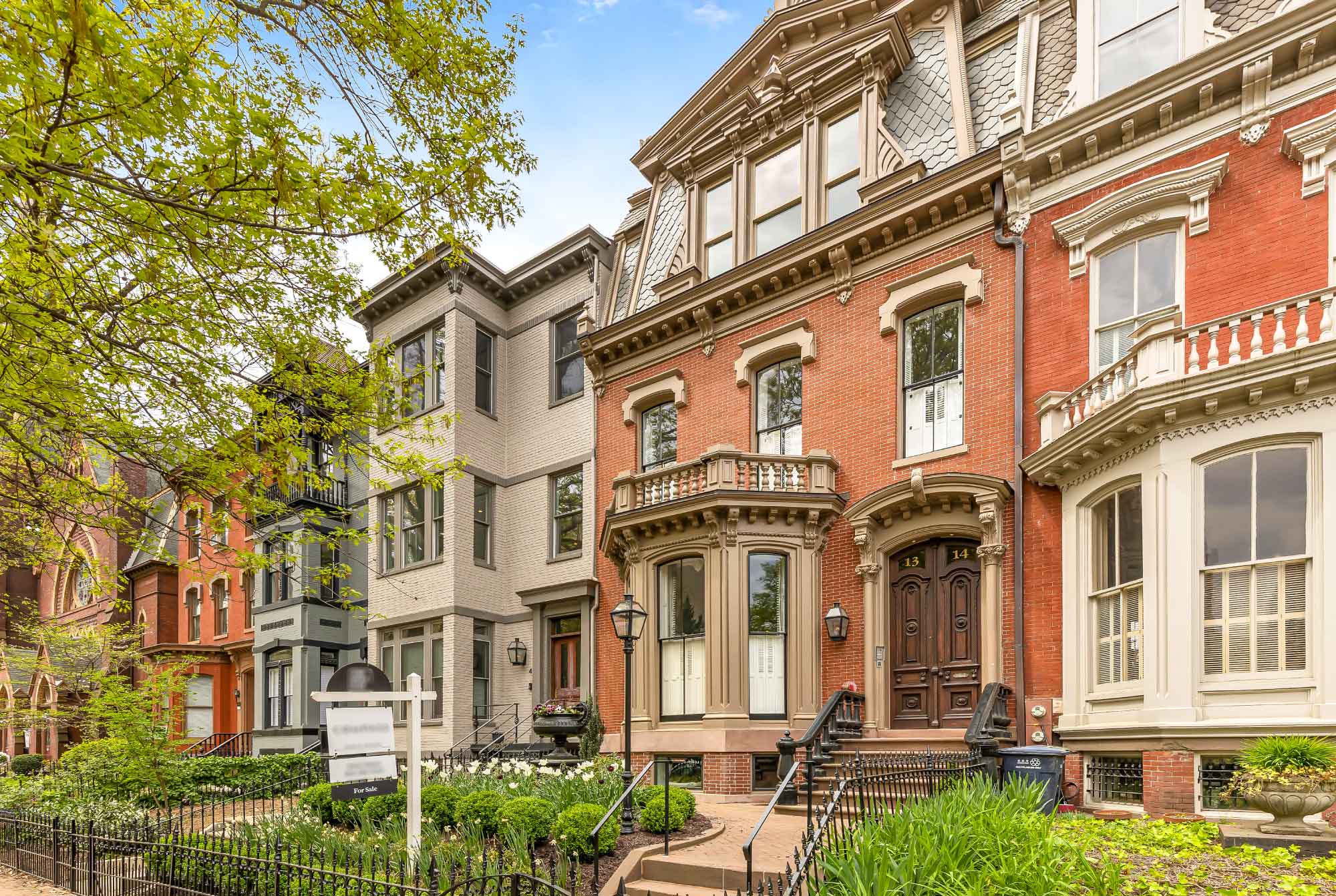How To Buy And Sell At The Same Time

The only thing more intimidating than buying or selling your home? Doing both at the same time — particularly if you need the money from the sale of your current home to put toward your new one. Luckily, despite the many pitfalls this type of multifaceted transaction can present, they can all be avoided with the guidance of a trusted agent on your side. Keep reading for everything you should know about buying and selling at the same time today!
Our Take
At The Jenn Smira Team, we’ve helped our clients buy and sell simultaneously in every type of market. When the market was hot during Covid, most of our clients felt fortunate that we were able to negotiate for a free rent back for 60 days beyond the 30-45 day settlement timeline. In the past, this gave our clients an appropriate amount of time to search and find their next home with our team (steps we always take long before listing, of course). That’s not always the case, however, in a high interest rate market like the one we’re navigating right now. The result? Most buyers are now charging our clients for a rent-back (called a post settlement occupancy) at the buyer’s daily rate of PITI (principal, interest, taxes, and insurance).
The good news? Typically, we’ll prepare homes for market and have them ready to go live on the market with a click of button, which allows our team to locate our client’s future home in the meantime, write an offer contingent upon the sale of their home, and then immediately place the client’s home on the market.
Hoping to get the best possible result from your home sale? Check out these blogs next.
- How Long To Wait Before Selling My DC Home
- Top Home Selling Mistakes To Avoid
- How to Start Preparing for a Fall Home Sale Right Now
Your Team Matters
Given all the steps and paperwork involved in selling and buying a home at the same time, having a seasoned professional to guide you through the process is crucial. A skilled real estate team can give you a realistic estimate of home prices in your area and how to price your current home. Using that figure, you can estimate how much equity you have and what your net proceeds will look like, so you can apply that money toward the down payment and closing costs of your new home.
Financial Considerations to Weigh
Ideally, you’d be able to have concurrent closings, selling your home in the morning and closing on your next place that afternoon — or at least within a few days. But what if things don’t go according to plan? You could suddenly find yourself without the necessary funds to close on your new home, or wind up paying two mortgages for an extended period of time. Worst-case scenario, you may be unable to get final approval for a mortgage and potentially lose your next home.
If you don’t have the means to handle two mortgages at once, it’s smart to include a contingency in your real estate contract that gives you an escape route, should the sale of your current home fall through. You may also consider adding a financing contingency, in case your new loan approval hinges on selling your current home. Both are fairly common, and a good agent will be able to help you negotiate and get them written into the purchase and sales agreement you sign with the seller.
In need of advice on buying a home in DC? We’ve got plenty of helpful resources on our blog. Check out these posts.
- How Much Mortgage Can I Afford?
- How Many Homes Should I Tour Before Submitting an Offer?
- How to Buy a Home with No Money Down
Negotiating Isn’t Just For Money
It goes without saying that you want to get the best possible price on the sale of your current home without overpaying for the next one. But consider the timing of the closing process as well when negotiating both deals. The closing date can be one of the most important details when negotiating a sale. The goal is to get both the buyer of your current home and the seller of your next home to agree to adjacent closings and/or any necessary contingencies. You can even look into arranging back-to-back escrow, in which the proceeds from the sale go directly to the purchase of the new property.
The Best Plan is a Back-Up Plan
No matter how carefully you plan your transactions, surprises can occur. Things might not happen on schedule — or might fall through completely. If you have the right contingencies in your contract, you should be able to reschedule the closings accordingly or walk away with minimal financial pain. But it’s smart to have a backup plan just in case. Here are some safety-net options:
- If you sell your current home but haven’t found your next place yet, you’ll need to find a short-term rental.
- Consider asking your buyers to do a rent-back agreement, which would allow you to remain in your current home after closing for a short time and pay rent to the new owners until you can move.
- If you close on your new place without selling the old one first, you’ll have two mortgages to pay.
- If you’ve closed on the new dream house, move in and try renting out your old home. The rental income can help offset the expense of the new place until you can sell it.
Have questions about buying or selling a home in DC? We’ve got answers! Give us a call at 202.280.2060 or email us directly at jsmira@jennsmira.com.

Put Us To Work For You
Book a consultation with our team today.








